Recep Tayyip Erdogan is facing the biggest challenge of his political career.
And before the massive earthquake on February 6, the bet of his staying in power was not certain, yet with 40,000 dead and 82,000 buildings destroyed because in the quake, he can’t bet on himself either.
Proof of this is that the ever ready and usually brash Turkish president was slow to come out to offer words of sympathy to his people, who overnight lost everything, and even then he looked embarrassed and disoriented.
Kismet, fate in Turkish, he said, and that was that.
The refugee card
But Erdogan is a political animal and has proven many times in the past that, when backed into a corner, he finds within himself the inexhaustible strength to come out and attack again.
But what can a president do, who, since the first day of the unspeakable tragedy, has been the main accused of the construction shenanigans, which he allowed, with the known murderous results?
When Erdogan is not playing the jingoist card again and again, he plays with the refugee issue.
And this is one side of the earthquake, which has not yet revealed either its exact scope or its future consequences.
Racism and uncertainty
At the moment, unconfirmed information speaks of 2 million Turks, who will take the path of migration, but this number does not include the Syrians from both sides of the border of the great disaster, who will be driven to look for a better tomorrow – where else , in Europe – through Greece.
Already the first reports about the racism and uncertainty faced by Syrian refugees in Turkey made their appearance in the international press this weekend.
“Racism against the Syrians, fueled in recent years by the economic crisis, which turned 3.7 million refugees into scapegoats, has exploded since the earthquakes,” wrote Le Monde yesterday.
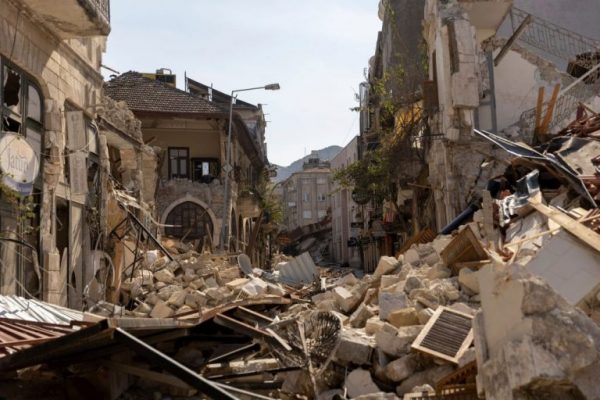
The non-governmental organization Stockholm Center for Freedom presented on its website the story of a Syrian refugee who risked his life when he went to collect his belongings from the wreckage of his Turkish employer.
Even as she ran to his defense, the remaining Turks, affected themselves, shouted that “the Syrians are stealing what is left of our homes, while the voices of our own people have not yet been silenced under the rubble.”
The lamentation was great, the rage poured out in every direction.
Leap of faith
That’s why 31-year-old Basel, who lost his home but managed to move his family into a tent in Turkish territory, only to be kicked out by the Turks there, who made it clear to him that he was not welcome among them, is thinking of risking it all and trying the great dreaded journey to Europe.
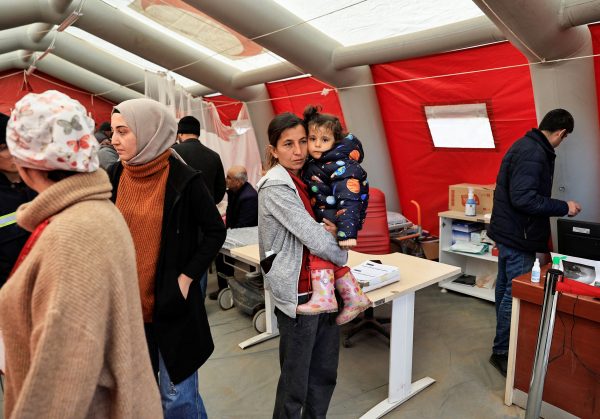
The “between a rock and a hard place” dilemma is currently facing millions of earthquake victims, according to a related article in the Los Angeles Times, many of whom will take the aforementioned leap of faith.
It should be noted that Turkey accepted on its territory about 5 million people – including 4 million from Syria – to help the EU deal with the major refugee crisis in 2015 and 2016.
Of course, all this was done with the compensation and with other big profits for Erdogan and his country, for which then German chancellor Angela Merkel was accused, for having concessions to him for the 4-7 million Turks living on German soil.
Extreme decisions
In extreme situations, extreme decisions are made, and Erdogan can play extreme, as long as it serves his purpose.
So if he continues to maintain his power in any way he can, it does not matter if the elections will be held on May 14, as scheduled, or on June 18, when his second term ends and he is allowed by the Turkish constitution to be a candidate again.
But even when he decides to postpone the elections, extending the country’s state of emergency, analysts believe he will almost certainly instrumentalize the refugee issue in the way that will best help him.
Already Mevlet Çavuşoğlu made it clear at the beginning of the week that Turkey will not accept a new wave of refugees from Syria after the devastating earthquake of 7.8 Richter, leaving it up to the interpretation of those concerned who he may be addressing.
Pensive Athens
Athens, which has lived through these games of Erdogan with Brussels, was already prepared for a difficult 2023 before the seismic tragedy
Attempts to illegally enter Greek territory, not so much from the Evros as from the maritime borders, had increased since the autumn.
And now the Greek government expects that after the earthquake, and as soon as the weather conditions improve, they will hit red.
For both Turkey and Greece, the first 15 days of March are considered critical.
There it will be decided how quickly Erdogan can rebuild Turkey, what amount of aid he will receive and when exactly he will hold the elections.
History has shown that quick decisions help those in leadership.
The EU, for its part, is believed to be ready to disburse 3 billion in the first phase. to help Erdogan deal with refugees, as well as immigrants, because of the earthquake.
Athens & Ankara
But will this amount be enough for the Turkish president or will he choose to blackmail for more?
The apparent improvement in relations between Turkey and Greece due to the earthquake and its duration in time will also play a role in all of this.
However, Athens, which is also preparing for elections, as everything shows, on April 9, approaches Turkey with antennas raised and eyes wide open.
Spring will reveal what’s going on in Athens and Ankara…
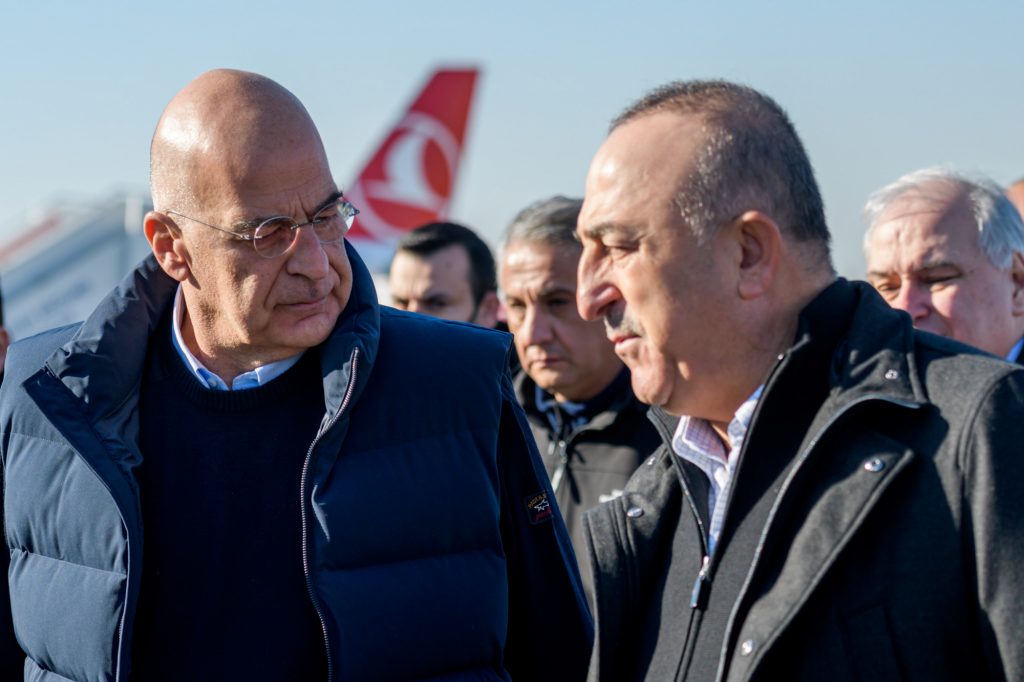



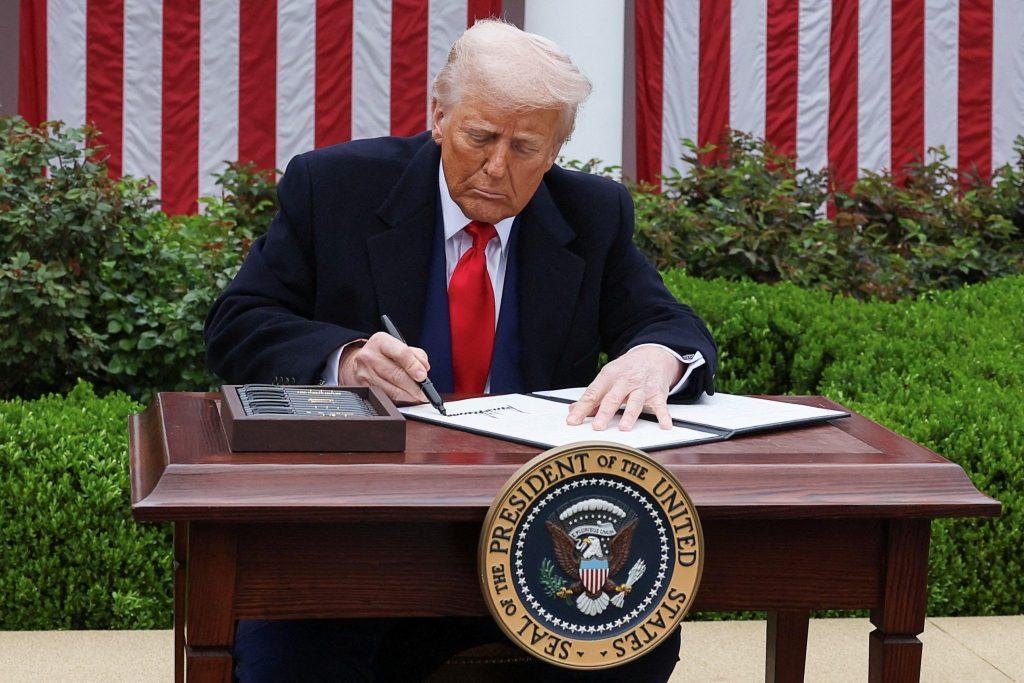


![Βούτυρο: Τι δείχνει το χρηματιστήριο τιμών – Γιατί παίρνουν… φωτιά τα κρουασάν [γραφήματα]](https://www.ot.gr/wp-content/uploads/2025/07/kroyasan-1024x683-1-300x300.jpg)

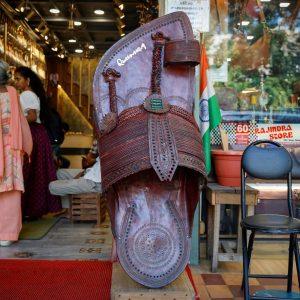


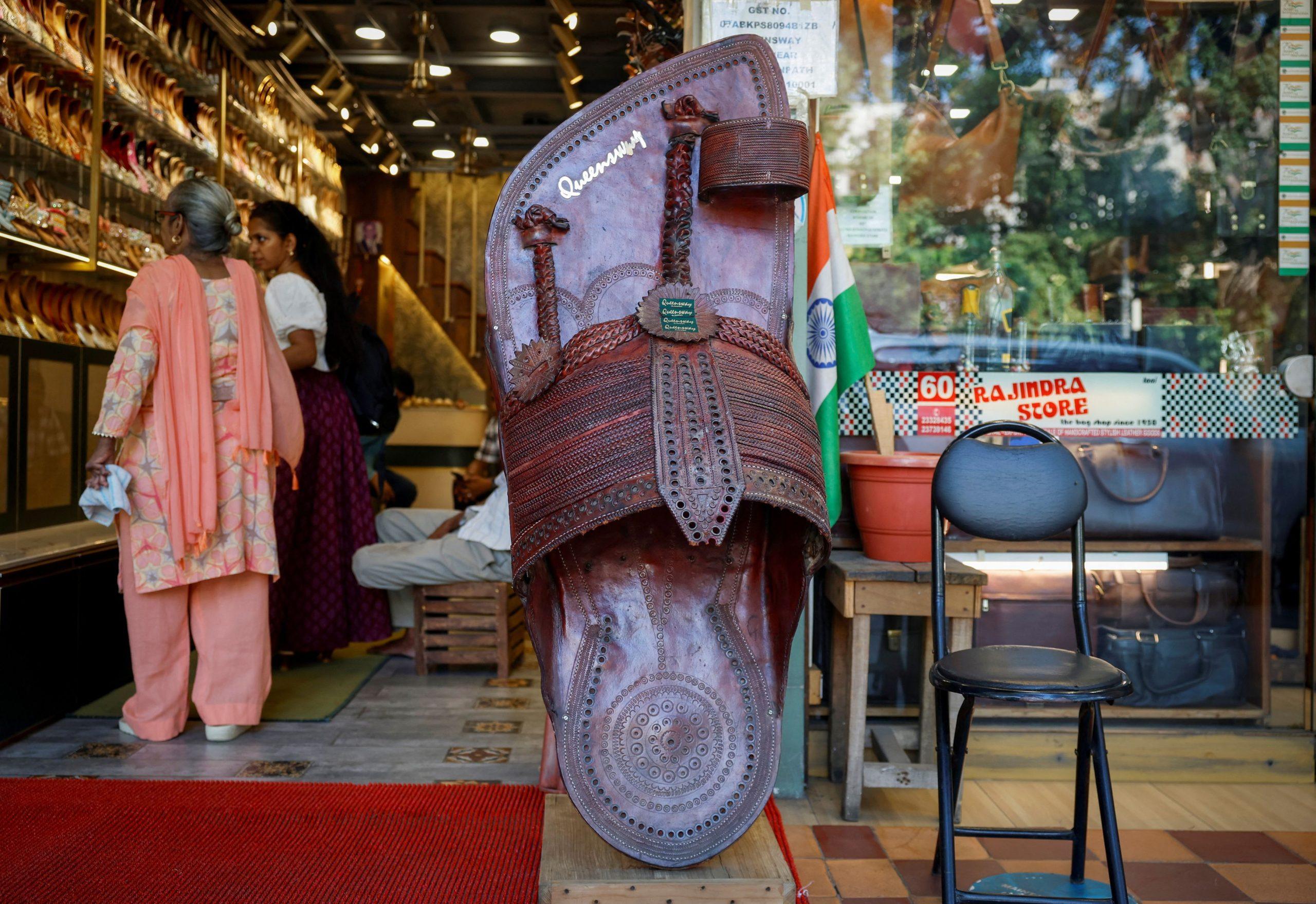
![Δασμοί: Οι εμπορικές συνομιλίες ΕΕ-ΗΠΑ για τους δασμούς στα αυτοκίνητα [γραφήματα]](https://www.ot.gr/wp-content/uploads/2025/07/tofas.jpg)

![Τεχνητή νοημοσύνη: Η ζήτηση ενέργειας αυξάνει τις εκπομπές CO2 [γράφημα]](https://www.ot.gr/wp-content/uploads/2025/02/data-center.jpg)
![Χρυσές λίρες: Πουλάνε μαζικά οι Έλληνες το εξάμηνο του 2025 [γράφημα]](https://www.ot.gr/wp-content/uploads/2025/07/photo_2025-07-04_13-01-06.jpg)

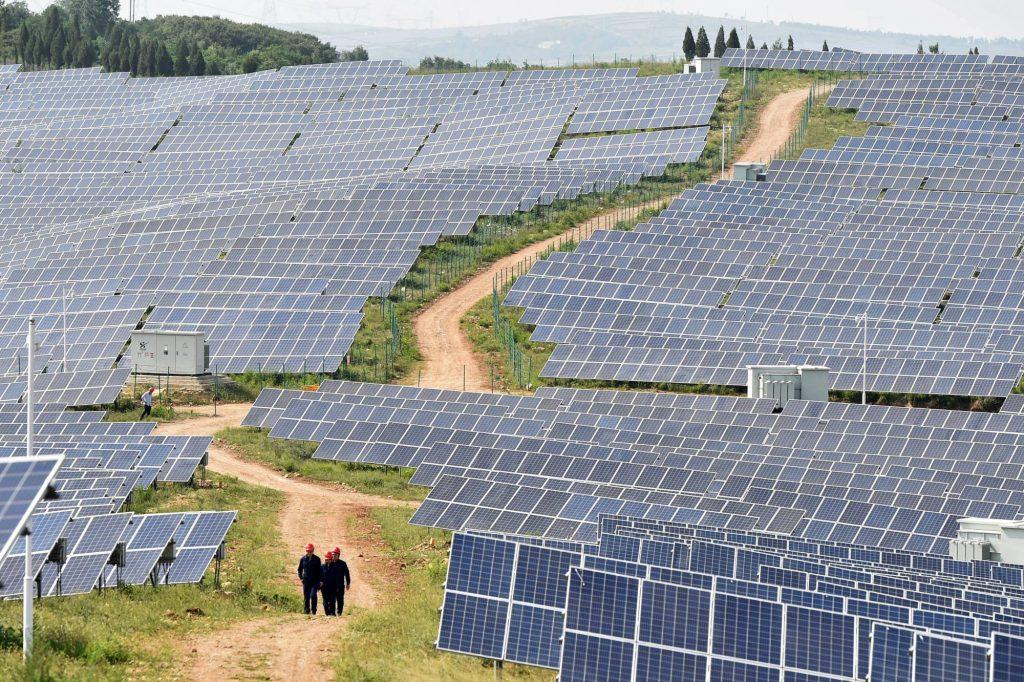
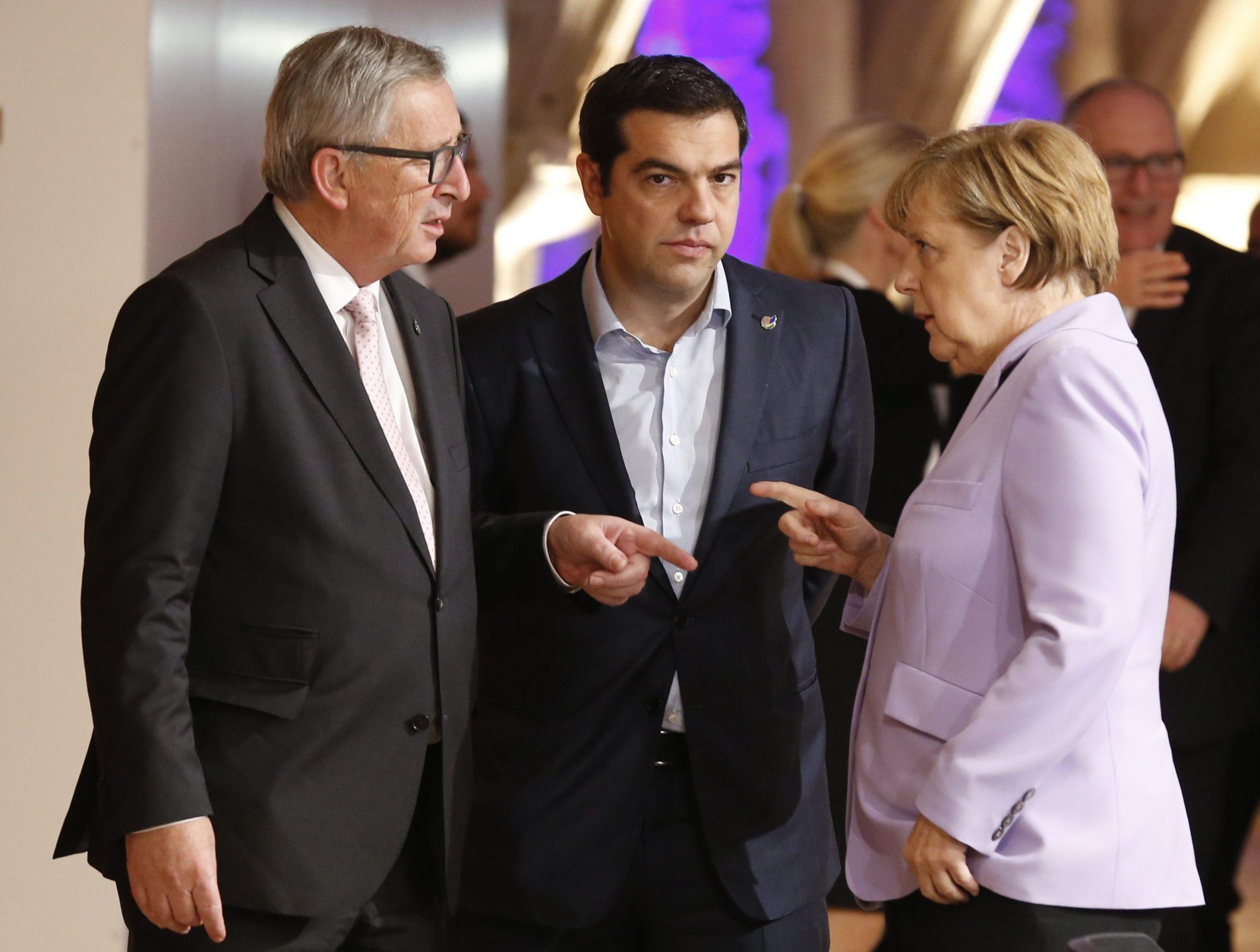

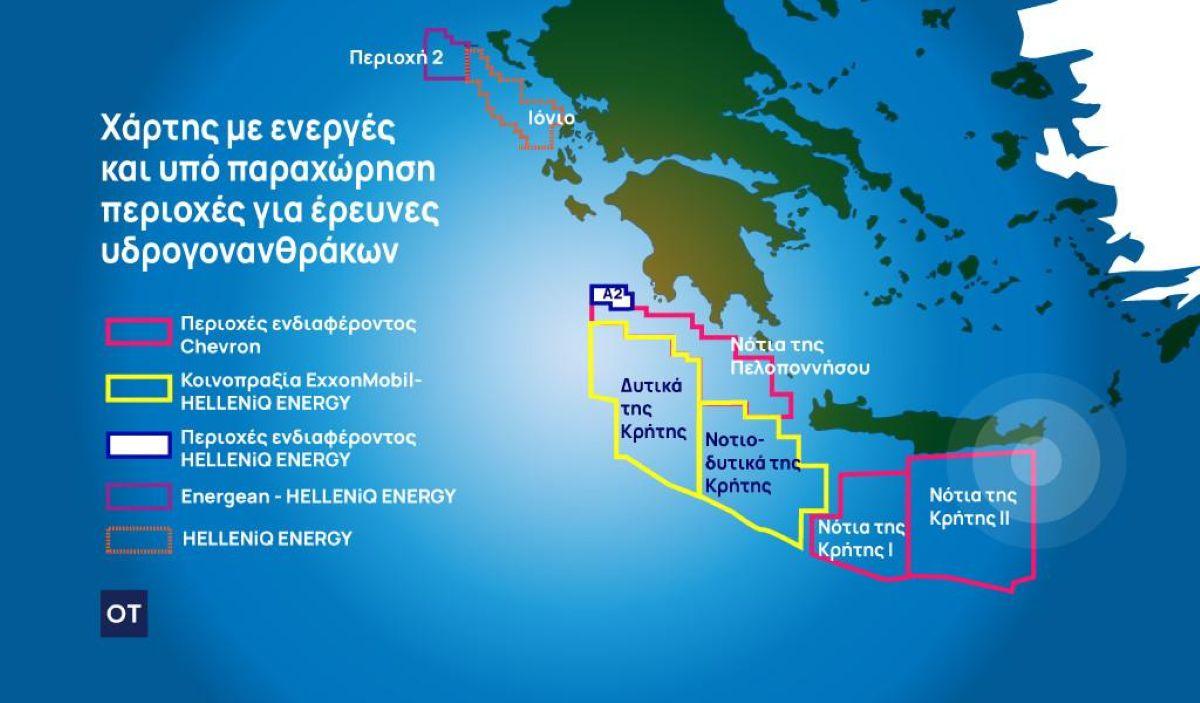
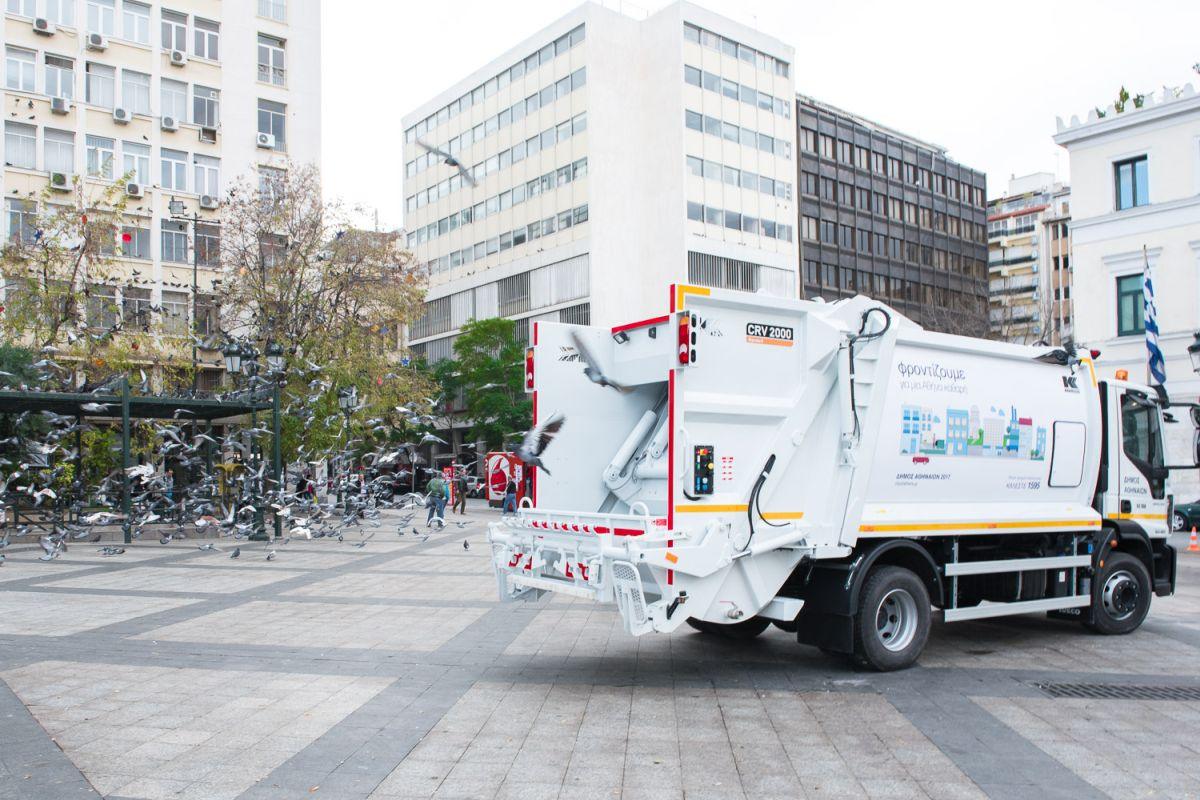
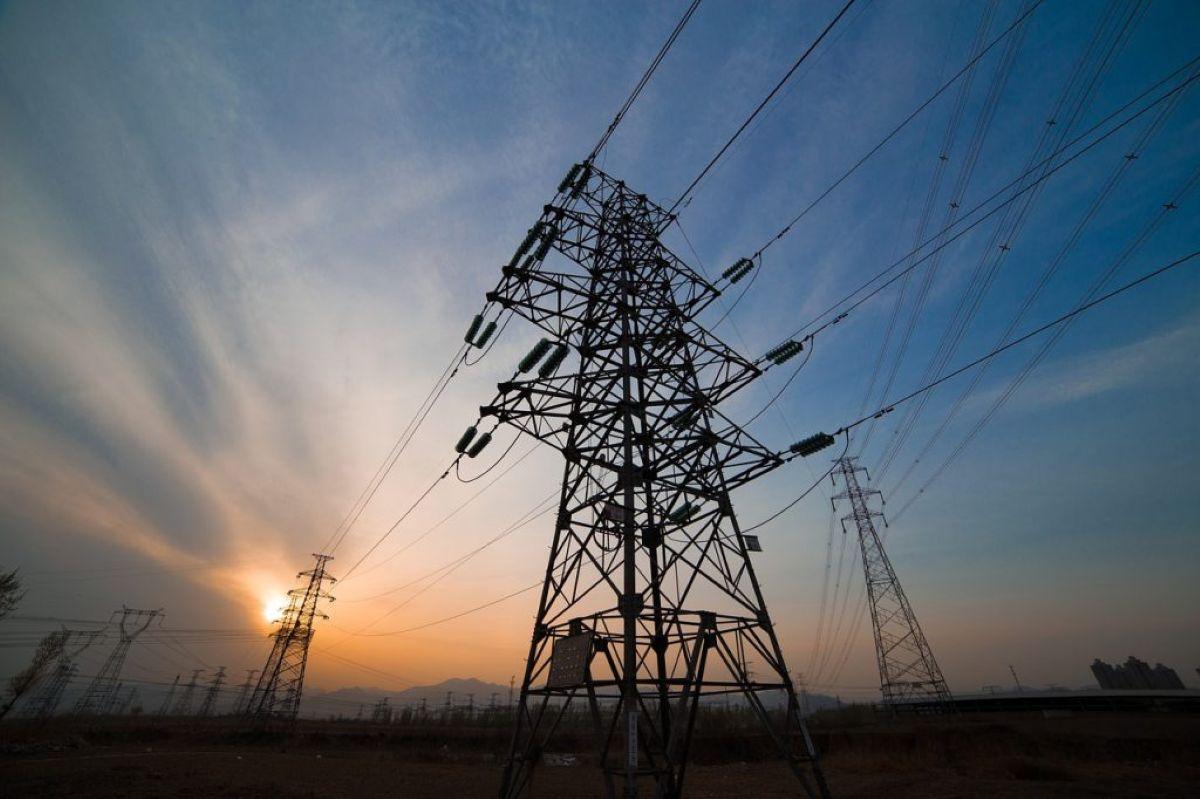

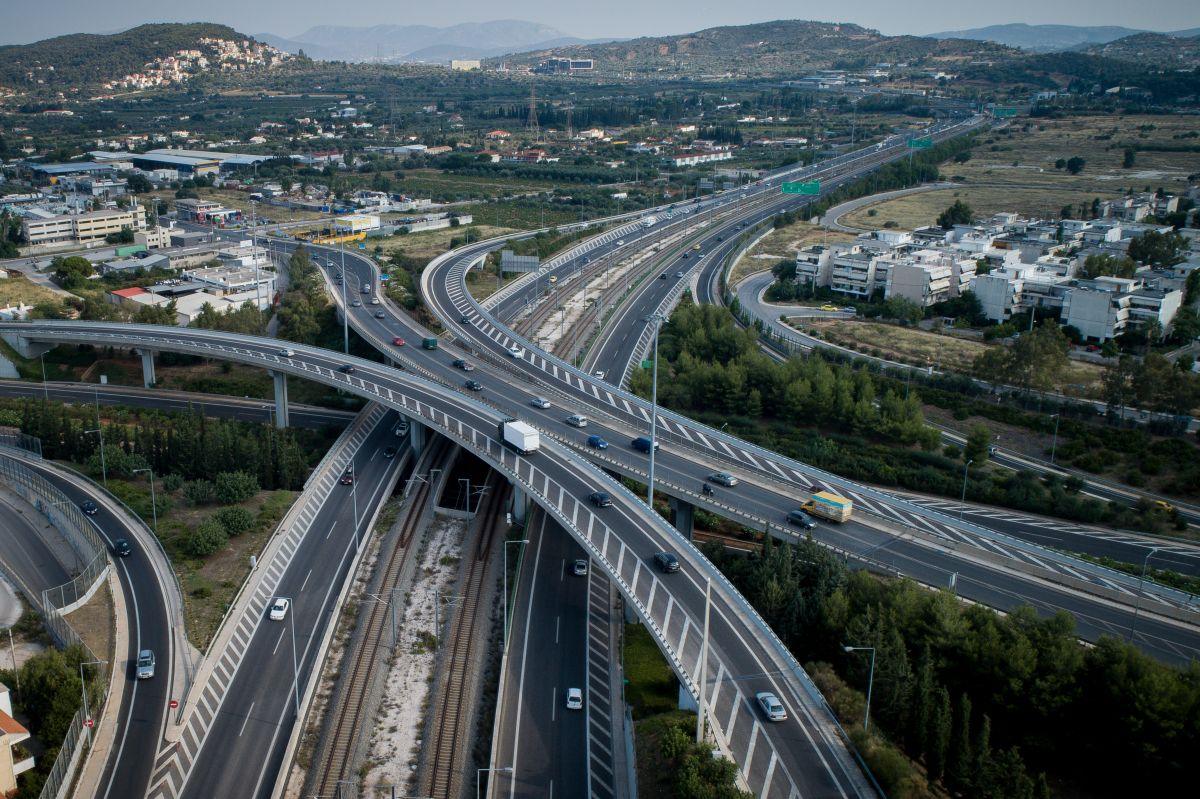


![Βούτυρο: Τι δείχνει το χρηματιστήριο τιμών – Γιατί παίρνουν… φωτιά τα κρουασάν [γραφήματα]](https://www.ot.gr/wp-content/uploads/2025/07/kroyasan-1024x683-1.jpg)


![Εκατομμυριούχοι: Η μεγαλύτερη μετακίνηση πλούτου στην ιστορία το 2025 [γράφημα]](https://www.ot.gr/wp-content/uploads/2024/04/money-2048x1366-1.jpeg)
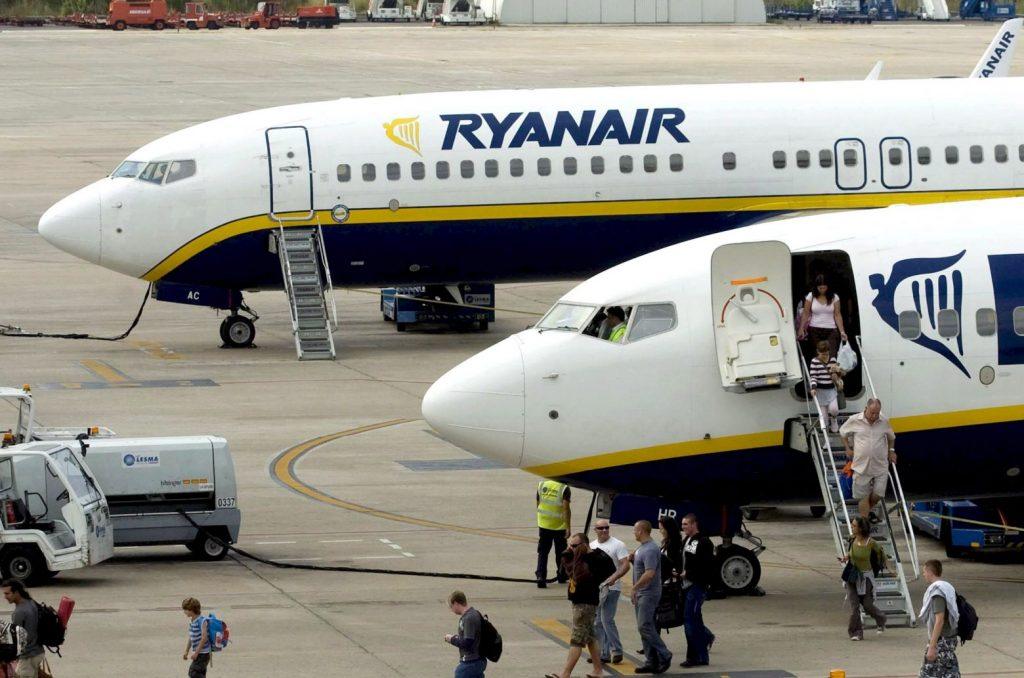
![Τραμπ: Διοργανώνει σύνοδο κορυφής ΗΠΑ και πέντε αφρικανικών χωρών [γράφημα]](https://www.ot.gr/wp-content/uploads/2025/06/trump-maga-scaled.jpg)




